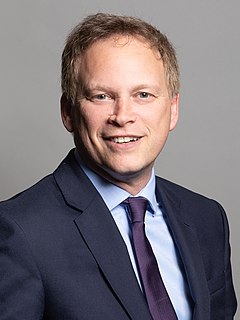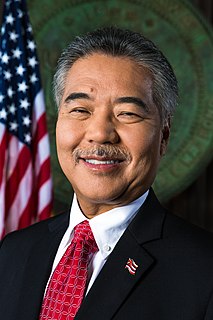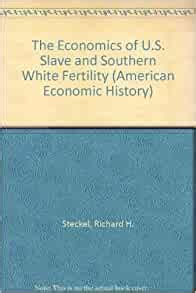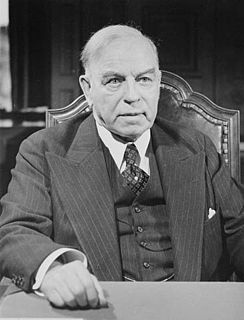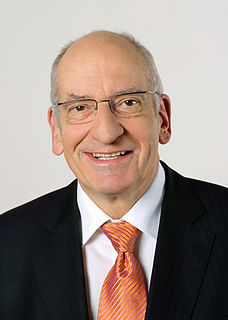A Quote by Theresa May
One area in which we can be certain mass immigration has an effect is housing. More than one third of all new housing demand in Britain is caused by immigration. And there is evidence that without the demand caused by mass immigration, house prices could be 10% lower over a 20-year period.
Related Quotes
If we're going to make our immigration system work, then we have to be prepared to talk honestly and without fear about these important and very sensitive issues. For instance, we have to listen to the concerns that working people, our forgotten working people, have over the record pace of immigration and it's impact on their jobs, wages, housing, schools, tax bills and general living conditions.
The problem with much of the debate over this issue is that we confuse two separate matters: immigration policy (how many people we admit) and immigrant policy (how we treat people who are already here). What our nation needs is a pro-immigrant policy of low immigration. A pro-immigrant policy of low immigration can reconcile America's traditional welcome for newcomers with the troubling consequences of today's mass immigration. It would enable us to be faithful and wise stewards of America's interests while also showing immigrants the respect they deserve as future Americans.
We had had mass immigration from the late 1800s all the way through the early 1900s to the 1920s, and we had to pause the immigration in order to for the new arrivals to assimilate, to become Americans, to learn English, for one thing. The one thing - or not the one; there are many different things.
In the Swiss government there is a will to limit the number of doctors themselves, because with new bilateral agreements with the European Union, there is what we call the "free flow of persons"; that our borders are open to immigration. And as the Swiss doctors are better paid than others, we could have a huge increase of immigration of doctors, more than we need. So we decided to limit the numbers of doctors coming into Switzerland. It is not a very intelligent system, but it is the best one that we have found to limit immigration of doctors.


